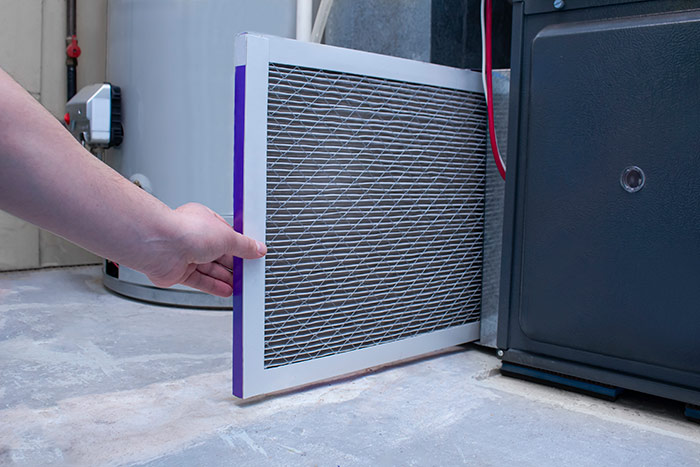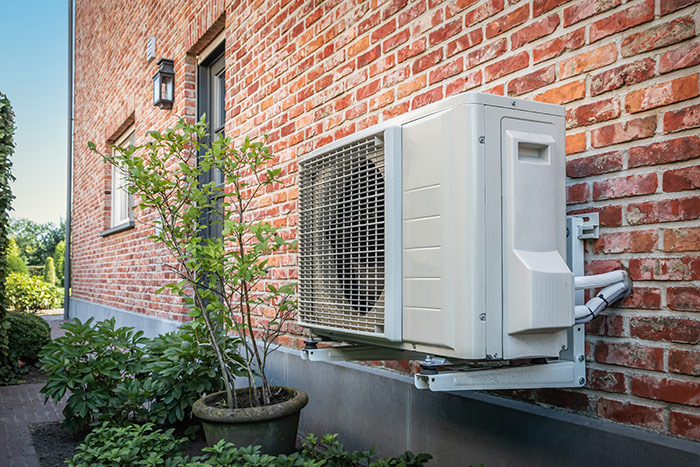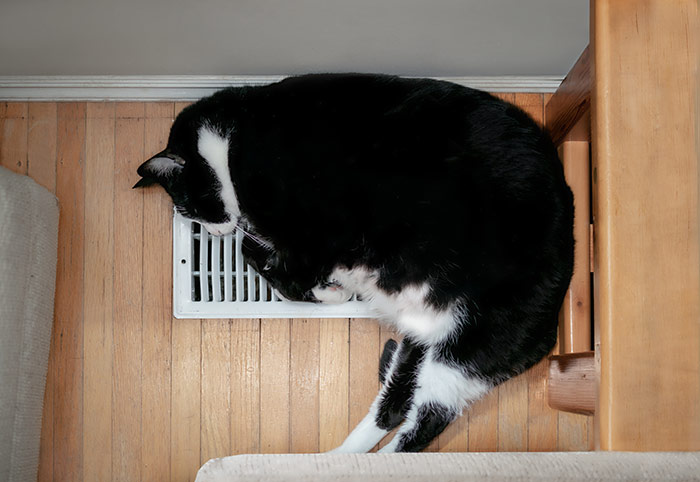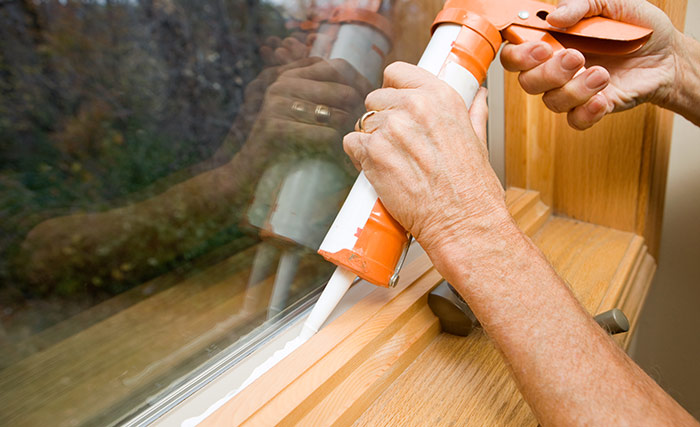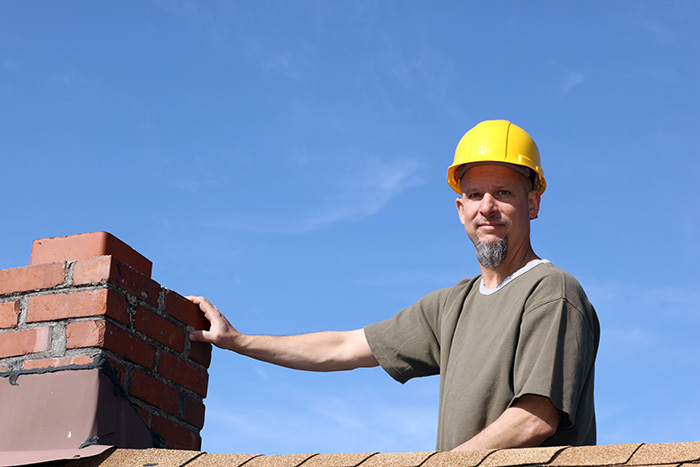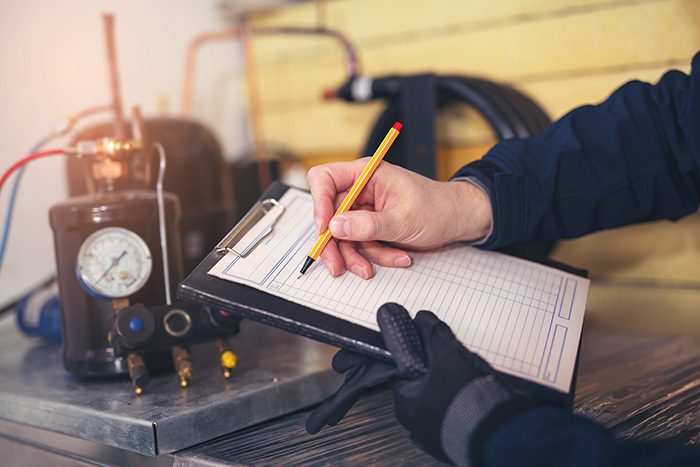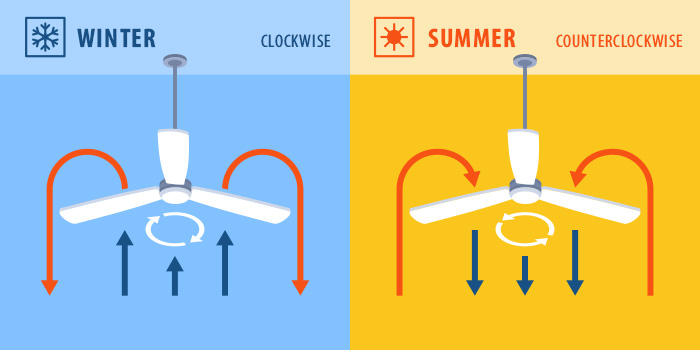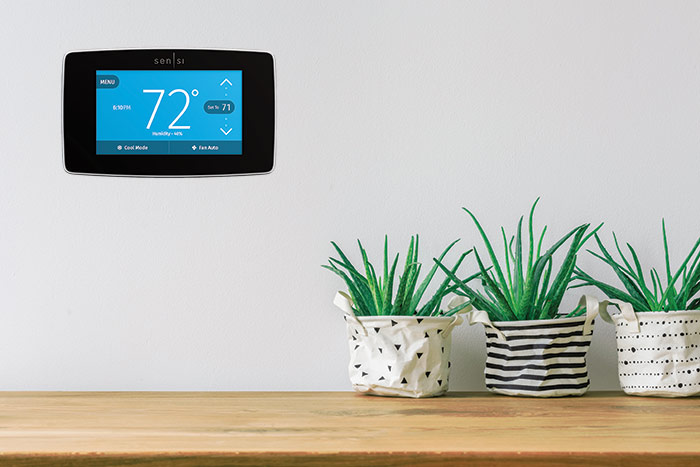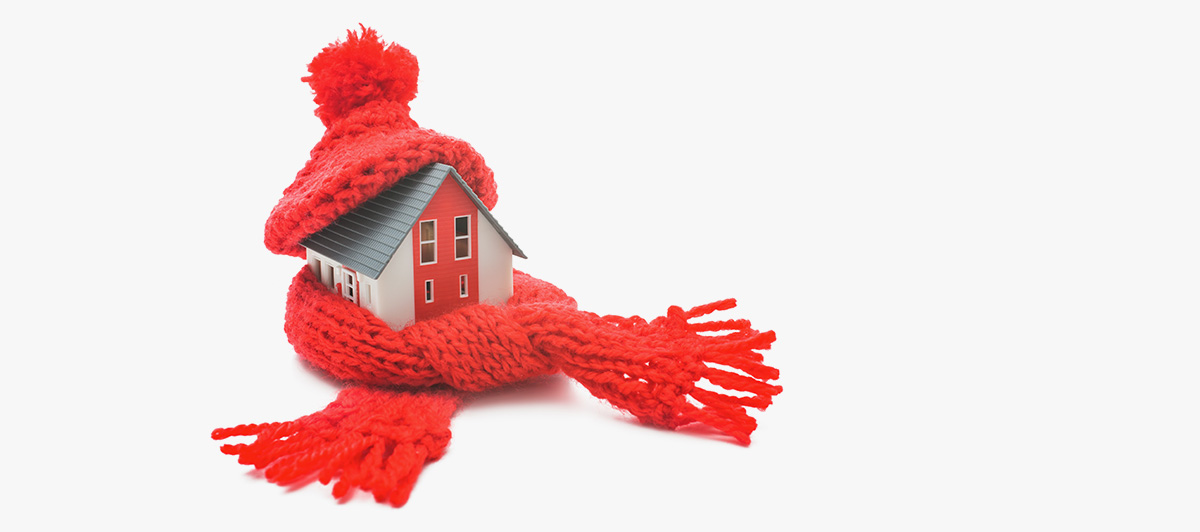
Prepare your home for heating season
Don't wait until the cold weather to get your home ready for winter. Here's a checklist.
Change your heating system filter
Changing the air filter on your heating system helps keep it running efficiently, which saves your energy, and also ensures good air quality in your home. It also extends the life of your heating system because a dirty filter makes it work harder. If you have a furnace or a heat pump, check the manufacturer's guidelines for how often the filter should be changed. The general rule of thumb is once every 90 days.
Make sure the area around any outside unit(s) is clear
If your heating system has any outdoor infrastructure, it's a good idea to inspect it annually for structural integrity and to trim back any trees, shrubs or anything else that could damage it or obstruct airflow. Air-source heat pumps in particular, which have become increasingly popular in recent years, include an outdoor fan and coil unit which needs clearance on all sides to perform optimally.
Learn more about heat pump incentives.
Keep indoor vents clean and clear
Do you have a forced-air heating system? If so, make sure the vents are not being blocked by furniture, curtains, or anything else. Obstructions make your furnace work harder, cutting down on efficiency and the system's lifespan. You should also clean any visible dust from the grates.
Find and seal air leaks
Dollar-for-dollar, sealing air leaks around your home's doors, windows, and anywhere else where two building materials meet is one of the best ways to save energy during heating season. In fact, it can make your home up to 20 percent more energy efficient.
It's best to do this work before winter because many types of adhesive don't work well on cold surfaces. A good way to find leaks yourself is to hold a piece of paper or match (but not both!) near a door or window; the breeze created by the exchange between indoor and outdoor air will be visible even if you can't feel it.
Over time, the caulk in windows and doors can shrink and become loose or crack. Inspect it annually and make repairs before they become bigger issues. Seal openings in windows and doors with weatherstripping to prevent drafts. Door sweeps provide a barrier and seal to keep energy indoors. Check regularly to make sure the seal is tight and you can’t feel drafts.
Central Hudson is offering discounted prices at local retailers on home weatherization products, including:
- Batt insulation
- Spray foam insulation
- Pipe insulation
- Door sweeps
- Windows
- Window shrink kits
These items are available at Lowe's and The Home Depot locations in Central Hudson's service territory. Look for the green Central Hudson sticker:

Visit the Shop Locally section of our website to see specific store locations as well as other discounts and rebates.
Replace batteries
Smoke and carbon monoxide detector batteries should be replaced every six months. It's often recommended to change them each time you set the clocks forward or back. While you're at it, if you have a modern thermostat, chances are it has a battery too, so you should change that too.
Get your chimney inspected
Chimneys for woodstoves accumulate residue called creosote which can ignite and cause chimney fires. Any chimney, whether masonry or factory-built, can leak or become blogged by an animal or a bird's nest, so it's still a good idea to get them inspected regularly. According to the National Fire Protection Association, “Chimneys, fireplaces, and vents shall be inspected at least once a year for soundness, freedom from deposits, and correct clearances. Cleaning, maintenance, and repairs shall be done if necessary.”
Schedule preseason tune-ups, including air ducts
This maintenance will ensure equipment is running safely and efficiently. If ducts are poorly sealed or insulated, they are likely contributing to higher energy use. If your ducts are not insulated and air travels through an unheated space — such as an attic or crawl space — you can lose up to 60 percent of your heated air before it reaches the register. Schedule your appointment early in the season since contractors often get very busy once heating season begins.
Change the direction of your ceiling fans
Is your fan spinning clockwise or counterclockwise? In summer, it should be set to counterclockwise to cool the occupants of the room. In the winter, set your fan to counterclockwise and run it on the lowest setting to create an updraft that will circulate the warm air trapped near the ceiling.
Consider installing a smart thermostat
Now is a good time to swap out your old thermostat for a new smart thermostat. These devices reduce energy use by adapting to your household's schedule, automatically decreasing the heating and cooling of unoccupied rooms. They can also be easily controlled remotely via smartphone. According to one manufacturer, these devices reduce HVAC energy use by up to 23 percent. Local customers have reported savings to us. "After we installed our smart thermostat, we saw a significant decrease in our peak electric usage over multiple years," said Central Hudson customer Brendon D. of Gardiner. "I would highly recommend this to anyone looking to use energy more efficiently."
Central Hudson is now offering $50 rebates on new smart thermostats. Learn more.
Residential savings programs
Central Hudson offers a host of programs that can help you save energy and money, including rebates on HVAC equipment and water heaters, a community solar program, discounted prices on appliances and weatherization items, and more. Visit our shop local page to learn more.



